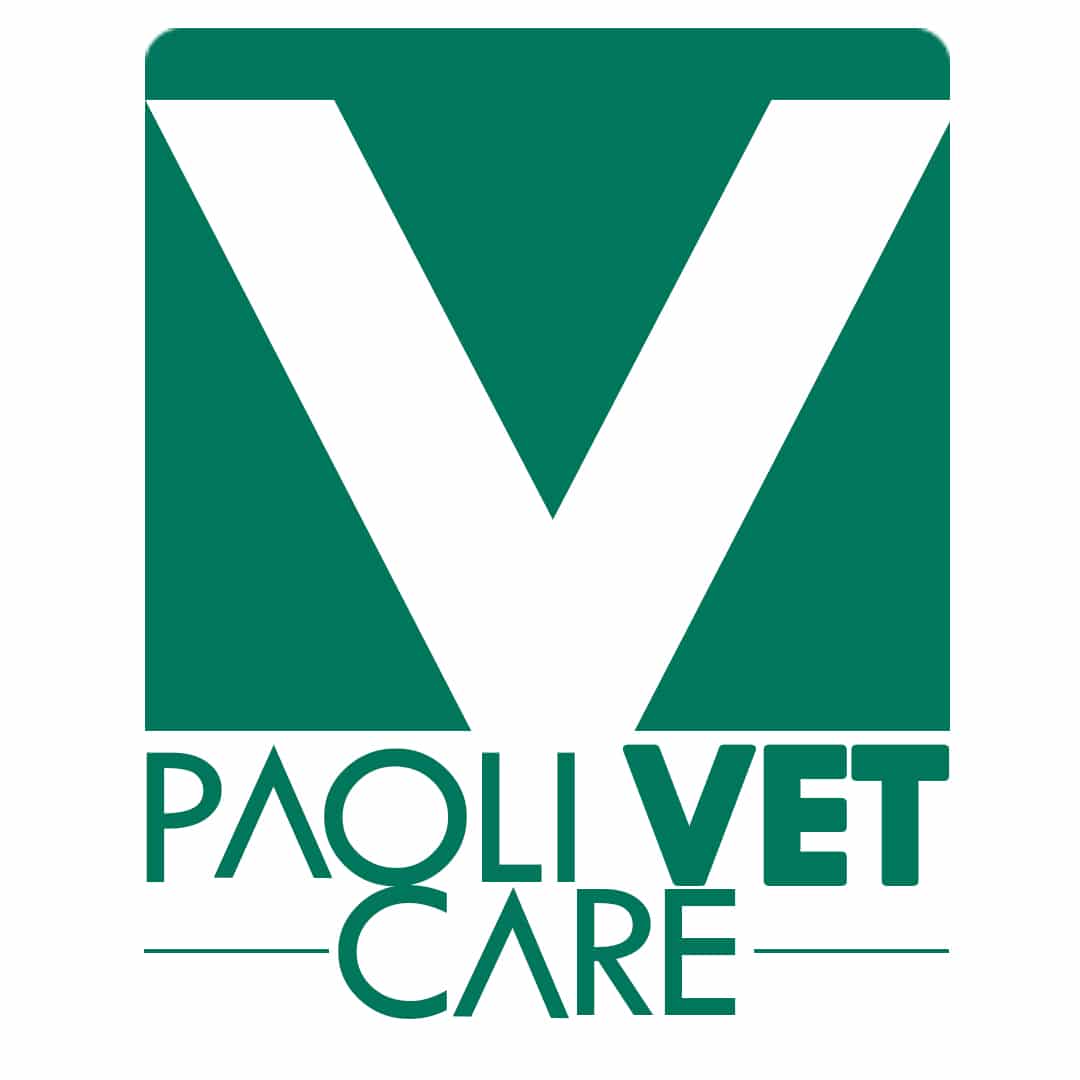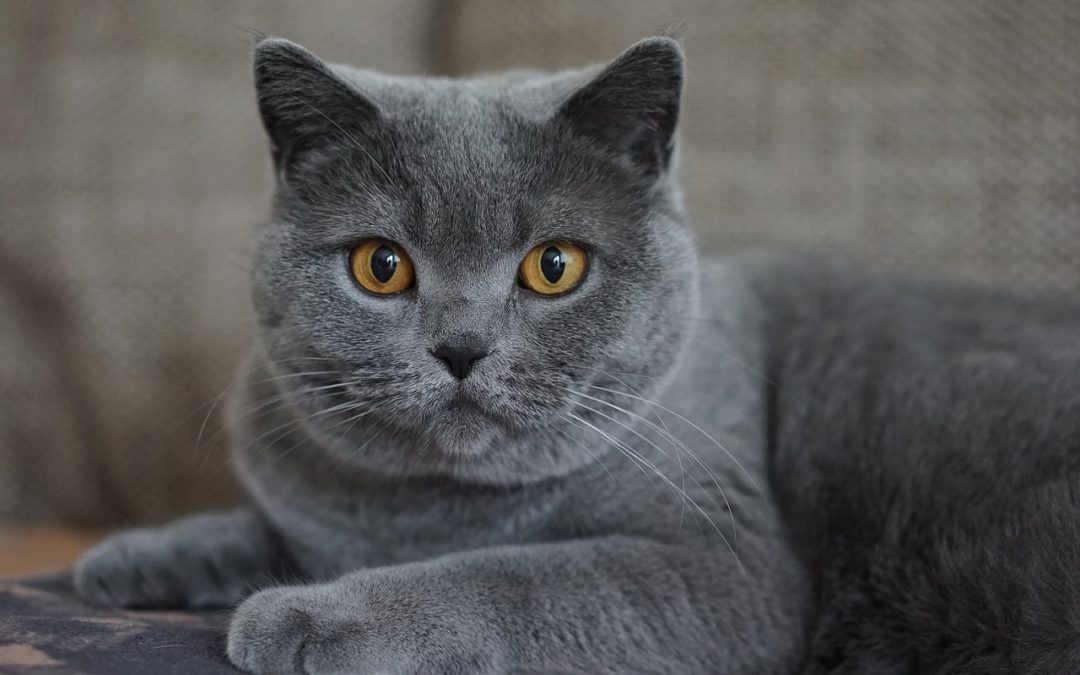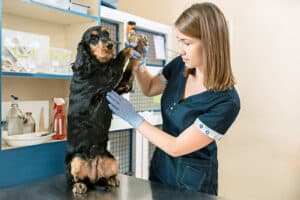At Paoli Vetcare, we believe that regular checkups and wellness exams are critical to your pet’s well-being. We keep meticulous medical records and recommend further testing only when we find a potential problem in need of further investigation.
Regardless of age, regular checkups are always encouraged. Senior cats deserve special care, so we’ve compiled a list of our most helpful tips!
- Schedule veterinarian checkups at least twice a year. The older your senior cat, the more important it is to maintain good health.
- Be more informed and aware of your senior cat’s condition. Observe your cat on a regular basis to stay on top of any potential symptoms of diseases.
- To ease digestion, consider feeding your cat several meals a day instead, of one large serving.
- Avoid overfeeding – obesity can lead to numerous health problems and may shorten your cat’s life.
- Keep your cat on a regular exercise routine to help preserve muscle tone and to keep bones and joints strong.
- Don’t overlook your cat’s dental health. Have your cat’s teeth cleaned by your veterinarian when advised, and brush them at home on a regular basis.
- Have your veterinarian perform regular vaccinations.
- Keep your senior cat’s bed and surrounding area clean, and always remain proactive in controlling fleas.
- Because senior cats are prone to inactivity, inspect your cat’s nails on a regular basis and trim them when necessary.
- Don’t forget to give your cat plenty of love and attention – the keys to a healthier and more fulfilling life for your senior cat!
Caring For Your Elderly Cat
Cats age just like us. While their life spans are shorter than their human counterparts, they still require the same amount of care, love, and respect in their elderly years. At one time cats were considered seniors at a spritely eight years of age—today’s cats live into their twenties with proper care and attention. Better nutrition, better standards of living, and advances in veterinary practices have allowed cats to stay with us far longer than they used to.
First and foremost, it’s important to not view aging as if we are curing a disease. While there are conditions that come with aging, aging itself is normal. It’s typically easy to tell when your feline friend is beginning to age—your elderly cat won’t play as much, will sleep more, will gain a little wait, and will have behavioral changes. You can help your older cat by making sure they have easier access to their favorite toys, that their needs are easily met, and that they’re consistently given the medications they need. With an elderly cat, you want to tend to their food, water, and litter box much more often.
The best thing you can do for your elderly cat is to plan regular visits and exams with your trusted local veterinarian. The well-being of your cat can change dramatically within a six month period, and your vet will let you know what kind of exams your cat needs, as well as updating you on necessary medication.
If you have any questions or would like to schedule a wellness check-up, please contact our office!








